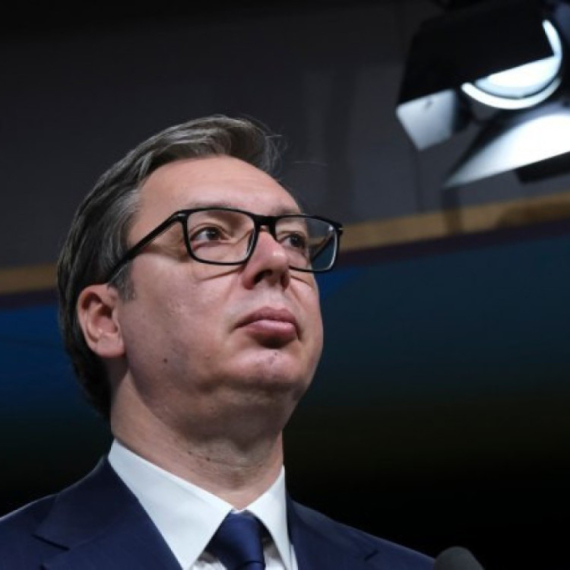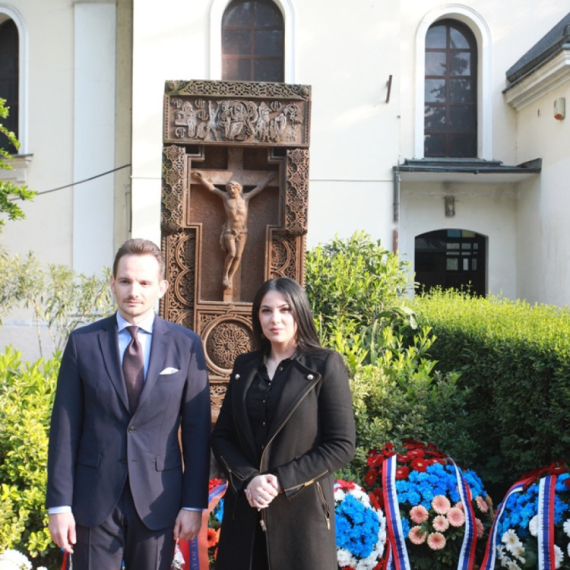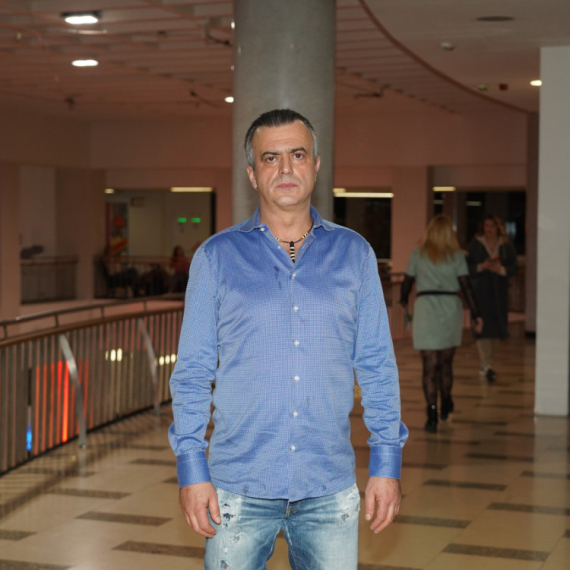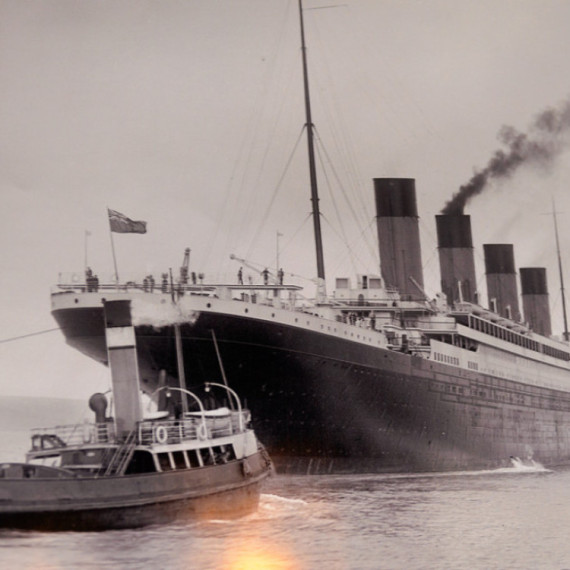Reforms "more important than EU membership”
Serbia’s long and uncertain EU pathway will cause decline in citizens’ support to the EU accession but reforms are more important than the EU membership.
Wednesday, 20.03.2013.
17:10

BELGRADE Serbia’s long and uncertain EU pathway will cause decline in citizens’ support to the EU accession but reforms are more important than the EU membership. This is according to Serbia's Deputy Prime Minister Suzana Grubjesic. Reforms "more important than EU membership” She noted that if Serbia did not get a date for the start of EU accession talks it could be taken as stopping the EU path for the country and would certainly affect the dialogue between Belgrade and Pristina and citizens attitude toward the EU. Addressing a conference discussing the question of whether reforms before EU accession were favorable to the citizens, she warned that support to the EU integration was steadily declining and that it was now 41 percent while support to reforms was increasing and it was now 65 percent. “The reforms are necessary, whether we get a date for the start of the negotiations or not,” she pointed out. The deputy PM said the EU support was dropping because the citizens were “tired” and wanted to see results and because they had not been getting the right information from politicians. Grubjesic said that the Serbian government had bravely and without any reservations entered into the political negotiations with the Albanians, with the aim of reaching an agreement. “Something like that takes time, flexibility and pragmatic approach to achieve and the Serbian side has shown all this,” she said, adding that the Albanian side “is refusing to move towards a solution.” “According to a recent survey, 65 percent of Serbia's citizens believe that reforms are necessary, which indicates that membership in the EU is a logical consequence of the country's transformation,” said Grubjesic. “At the 2003 Thessaloniki Summit, the EU pledged making all the countries of the Western Balkans its members,” Grubjesic noted. “But we now see these very countries being pushed to the periphery,” she added. “The global economic crisis and the crisis in the eurozone affect not only the enlargement process, but also the countries waiting for membership,” Grubjesic said, recalling that after Croatia entered the EU on July 1, there might not be any further enlargement until 2020, and perhaps even longer. She said that the EU countries often spoke about the enlargement fatigue, but added that “fatigue is sometimes used as an excuse.” “In the administrative and technical sense, Serbia is already prepared for EU accession talks,” she stressed, adding that many of the required reforms had been implemented. “However, Serbia has been requested to deal with two important political issues. One is the cooperation with the Hague Tribunal, which has been completed, and the other is solving the problem of Kosovo,” Grubjesic said. (Tanjug) Beta Tanjug
Reforms "more important than EU membership”
She noted that if Serbia did not get a date for the start of EU accession talks it could be taken as stopping the EU path for the country and would certainly affect the dialogue between Belgrade and Priština and citizens attitude toward the EU.Addressing a conference discussing the question of whether reforms before EU accession were favorable to the citizens, she warned that support to the EU integration was steadily declining and that it was now 41 percent while support to reforms was increasing and it was now 65 percent.
“The reforms are necessary, whether we get a date for the start of the negotiations or not,” she pointed out.
The deputy PM said the EU support was dropping because the citizens were “tired” and wanted to see results and because they had not been getting the right information from politicians.
Grubješić said that the Serbian government had bravely and without any reservations entered into the political negotiations with the Albanians, with the aim of reaching an agreement.
“Something like that takes time, flexibility and pragmatic approach to achieve and the Serbian side has shown all this,” she said, adding that the Albanian side “is refusing to move towards a solution.”
“According to a recent survey, 65 percent of Serbia's citizens believe that reforms are necessary, which indicates that membership in the EU is a logical consequence of the country's transformation,” said Grubješić.
“At the 2003 Thessaloniki Summit, the EU pledged making all the countries of the Western Balkans its members,” Grubješić noted.
“But we now see these very countries being pushed to the periphery,” she added.
“The global economic crisis and the crisis in the eurozone affect not only the enlargement process, but also the countries waiting for membership,” Grubješić said, recalling that after Croatia entered the EU on July 1, there might not be any further enlargement until 2020, and perhaps even longer.
She said that the EU countries often spoke about the enlargement fatigue, but added that “fatigue is sometimes used as an excuse.”
“In the administrative and technical sense, Serbia is already prepared for EU accession talks,” she stressed, adding that many of the required reforms had been implemented.
“However, Serbia has been requested to deal with two important political issues. One is the cooperation with the Hague Tribunal, which has been completed, and the other is solving the problem of Kosovo,” Grubješić said.


























































Komentari 10
Pogledaj komentare